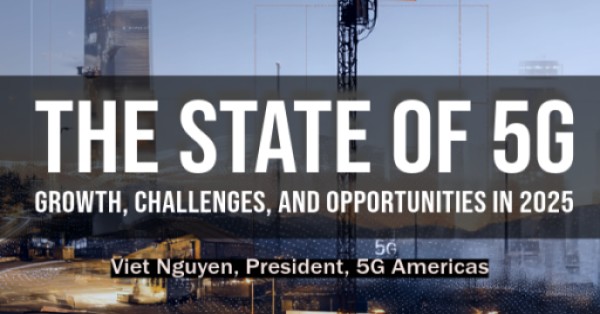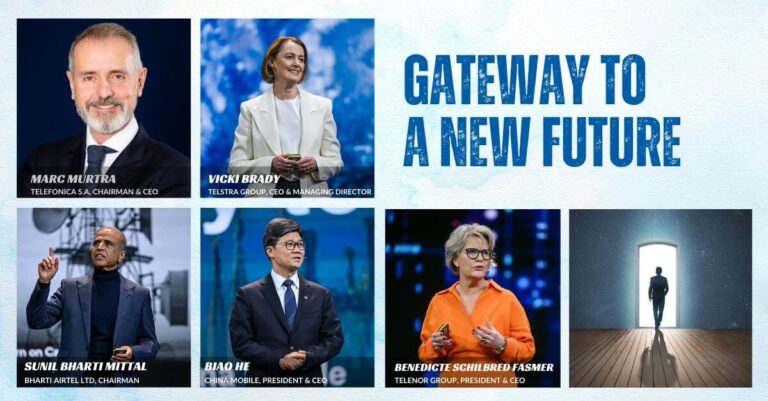FCC Proposes Rule to Mandate Phone Unlocking Within 60 Days to Enhance Consumer Choice
The Federal Communications Commission (FCC) has taken a significant step towards enhancing consumer choice in the mobile service market by proposing a new rule. On Thursday, the FCC unanimously adopted a Notice of Proposed Rulemaking (NPRM) that aims to standardize the unlocking of mobile phones within 60 days after activation. This move is intended to eliminate the varied and often confusing policies that currently exist across different carriers.
Why Consumers Need a Uniform 60-Day Phone Unlocking Policy
When consumers purchase a phone, it is typically locked to the carrier selling the device. Contract terms that allow consumers to unlock their phones and switch to a competing provider vary significantly between carriers. The FCC’s proposed rule establishes a uniform 60-day unlocking period for all carriers, providing a consistent timeframe for consumers to explore other service options.
“You bought your phone. You should be able to take it to any provider you want. Some providers already operate this way,” said FCC Chairwoman Jessica Rosenworcel during the FCC’s monthly open agenda meeting. She emphasized that a nationwide standard is in the best interest of consumers and competition.
Commissioner Geoffrey Starks echoed this sentiment, highlighting the inconsistency in current unlocking policies that leave some consumers facing significant barriers while others can easily unlock their phones. The proposed rule addresses these discrepancies and promotes fair competition in the mobile service market.
Challenges and Solutions for the 60-Day Unlocking Rule
While there is general agreement on the need to increase competition, the NPRM examines various issues to determine the effectiveness of the 60-day rule. One concern is the potential for individuals to activate service on phones that are lost, stolen, or purchased through fraud. Additionally, the draft NPRM notes that some carriers already use a 60-day unlocking standard for post-paid services but have longer periods for pre-paid services.
Consumers often purchase handsets at low initial costs with agreements to pay off the device over several months. The proposed 60-day rule might lead to higher upfront costs for consumers or discourage providers from offering extended payment plans. However, the NPRM provides examples of providers that have successfully implemented 60-day unlocking alongside extended payment plans, suggesting that such models can work.
Impact of the Unlocking Rule on Small Providers and Resellers
The FCC is also seeking comments on whether the proposed rule should apply to existing or future service contracts and how it could affect smaller mobile service providers and resellers. The rule could impact these smaller players by making more phones available on the secondary market. The public comment period will allow stakeholders to provide input on these and other issues before the rule is finalized.
Additional FCC Efforts to Enhance Digital Access
In addition to the proposed phone unlocking rule, the FCC voted on several other initiatives during its July open meeting. One significant decision was approving final rules allowing schools and libraries to access federal E-Rate funds to loan Wi-Fi hotspots to students, school staff, and library patrons. This move is part of Chairwoman Rosenworcel’s efforts to close the digital divide by expanding the E-Rate program, which offers discounts on internet and telecommunications services to schools and libraries.
The FCC also approved rules to reduce the cost of jail calls and prohibit certain fees that increase the prices for incarcerated individuals seeking to contact their loved ones. The new rules cap the price per minute of audio calls at 6 cents in prisons and 7 cents in medium-sized jails, down from the previous rates of 14 cents and 21 cents, respectively. Video call rate caps will range from 11 to 25 cents, depending on the type and size of the facility.
Conclusion
The FCC’s proposed rule to mandate phone unlocking within 60 days represents a significant step towards enhancing consumer choice and promoting competition in the mobile service market. By establishing a standardized unlocking period, the FCC aims to simplify the process for consumers and ensure fairer practices across all carriers. The public comment period will be crucial in addressing potential challenges and refining the rule to benefit all stakeholders involved.




















